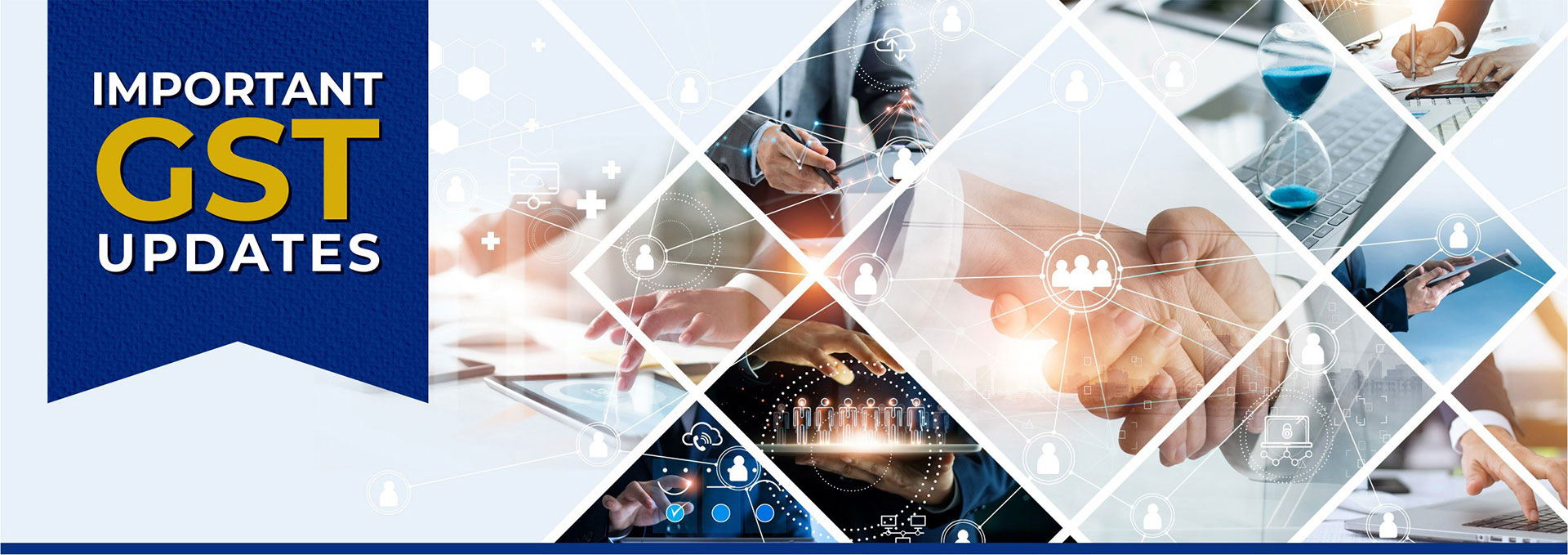Post Single Template #2
- Home
- Post Single Template #2
Recent Industry News
GST Rule 14A Withdrawal: New Online Facility Enabled
HC Quashes Consolidated GST Notice Against Uber

Case Of: M/s. Awl Agri Business Limited
Issued By: Andhra Pradesh High Court
Order No: WP No. 28622 of 2025
Date: 21st Jan 2026
Download Order
Judgement
Amended Rule 89(5) on Inverted Duty Refund Held Clarificatory and Retrospective by Andhra Pradesh High Court
Observations
The petitioner (AWL Agri Business Ltd., formerly Adani Wilmar) imports edible oil, refines/ packs it, and supplies it domestically; due to an inverted duty structure, it accumulated ITC and filed refund applications for periods including Nov 2018, Mar 2019 and Apr 2019 under Section 54.
The adjudicating authority rejected the refund claims on the premise that Rule 89(5) formula (as it then stood) precluded/limited such refunds; the appellate authority also dismissed the appeals by orders dated 25.02.2022, leading to writ petitions before the High Court.
During appeal, the petitioner had specifically highlighted that Rule 89(5) was under reconsideration and sought that matters be kept pending until the GST Council took a view; the Court noted that the GST Council, after the Supreme Court’s decision in VKC Footsteps, considered anomalies and accepted recommendations leading to a modified formula.
The department opposed applying the amended formula to earlier periods, arguing the change is not retrospective and relying on Circular No. 181/13/2022-GST dated 10.11.2022 stating the amendment is prospective w.e.f. 05.07.2022.
Findings
The Court noted the petitioner’s reliance on the Gujarat High Court decision in Tirth Agro Technology Pvt. Ltd., which had set aside the said circular to the extent it declared that the amendment to Rule 89(5) is not clarificatory; the Court proceeded on the basis that once such circular is set aside, its restrictive clarification cannot be insisted upon.
On this foundation, the Court held that the amendment to the formula in Rule 89(5) must be treated as clarificatory in nature and, consequently, retrospective, even though the rejection orders and appellate orders were passed prior to the amendment.
The Court recognised that the taxpayer had consistently pursued the refund entitlement and therefore directed that the claims be reconsidered by applying the modified Rule 89(5) formula, rather than being denied on the basis of the earlier anomaly.
Accordingly, the Court set aside the original rejection orders and appellate orders and remanded the refund applications to be decided afresh by the primary authority by applying the amended formula.
Original Order



